Buying a home ranks as one of the most significant investments you’ll make in your lifetime. Ensuring the property remains in good condition becomes crucial. In Texas, home inspections play a vital role in the home-buying process, helping buyers make informed decisions and potentially saving them from costly repairs in the future. This blog will guide you through the essentials of home inspections in the Lone Star State.
What is a Home Inspection?
A home inspection involves a thorough examination of a property’s condition. A licensed professional conducts the inspection, covering various aspects of the home, including the structure, electrical systems, plumbing, HVAC, and more. The goal focuses on identifying any existing or potential issues that could affect the home’s value or safety.
Why Are Home Inspections Important?
- Identify Problems: Home inspections uncover problems that might not be immediately visible to the untrained eye. This includes issues like faulty wiring, plumbing leaks, foundation cracks, and roof damage.
- Negotiating Power: With the inspection report in hand, buyers can negotiate with sellers for repairs or price reductions based on the findings.
- Safety Assurance: Inspections ensure the home remains safe for occupancy, highlighting potential safety hazards like mold, asbestos, or radon.
- Future Planning: Knowing the condition of major systems and components helps buyers plan for future maintenance and repairs.
The Home Inspection Process in Texas
Licensing and Standards
In Texas, the Texas Real Estate Commission (TREC) licenses home inspectors. TREC sets strict standards for inspections to ensure consistency and thoroughness. Inspectors must complete education and training, pass a comprehensive exam, and adhere to a code of ethics and standard practices.
What to Expect During an Inspection
- Scheduling the Inspection: Once your offer on a home gets accepted, schedule the inspection. Choose a reputable and experienced inspector. Your real estate agent often provides recommendations.
- Inspection Day: On the day of the inspection, the inspector conducts a detailed examination of the property. This typically takes 2-4 hours, depending on the size and condition of the home. Buyers should attend the inspection to ask questions and gain a better understanding of the property.
- The Inspection Report: After the inspection, the inspector provides a detailed report outlining their findings. This report includes descriptions of any issues, photographs, and recommendations for repairs or further evaluation by specialists.
Common Issues Found in Texas Homes
Due to Texas’ diverse climate and geology, homes in the state often face specific issues, such as:
- Foundation Problems: The expansive clay soils common in many parts of Texas cause foundation shifting and cracking.
- Roof Damage: Hail storms and high winds frequently lead to roof damage.
- HVAC Issues: Given the extreme heat in many parts of Texas, HVAC systems often experience heavy use and may require attention.
- Water Damage: Flooding and heavy rains cause water damage, particularly in homes located in flood-prone areas.
Cost of Home Inspections in Texas
The cost of a home inspection in Texas varies based on the size and age of the property, as well as the inspector’s experience. On average, expect to pay between $300 and $500. While this might seem like an additional expense, it represents a small price for the peace of mind it provides.
Choosing a Home Inspector
When selecting a home inspector, consider the following:
- Credentials: Ensure the inspector holds a license from TREC and has adequate experience.
- Reviews and References: Check online reviews and ask for references from past clients.
- Sample Reports: Request a sample inspection report to ensure it is comprehensive and easy to understand.
- Insurance: Confirm that the inspector carries professional liability insurance to cover any errors or omissions.
Conclusion
A home inspection serves as a crucial step in the home-buying process, providing invaluable insights into the condition of a property. In Texas, where unique environmental factors impact homes, conducting a thorough inspection with a licensed professional becomes essential. By understanding the importance of home inspections and knowing what to expect, buyers can make informed decisions and protect their investment for years to come.
When you’re in the market for a home in Texas, don’t skip the inspection. It’s an investment in your future peace of mind.
